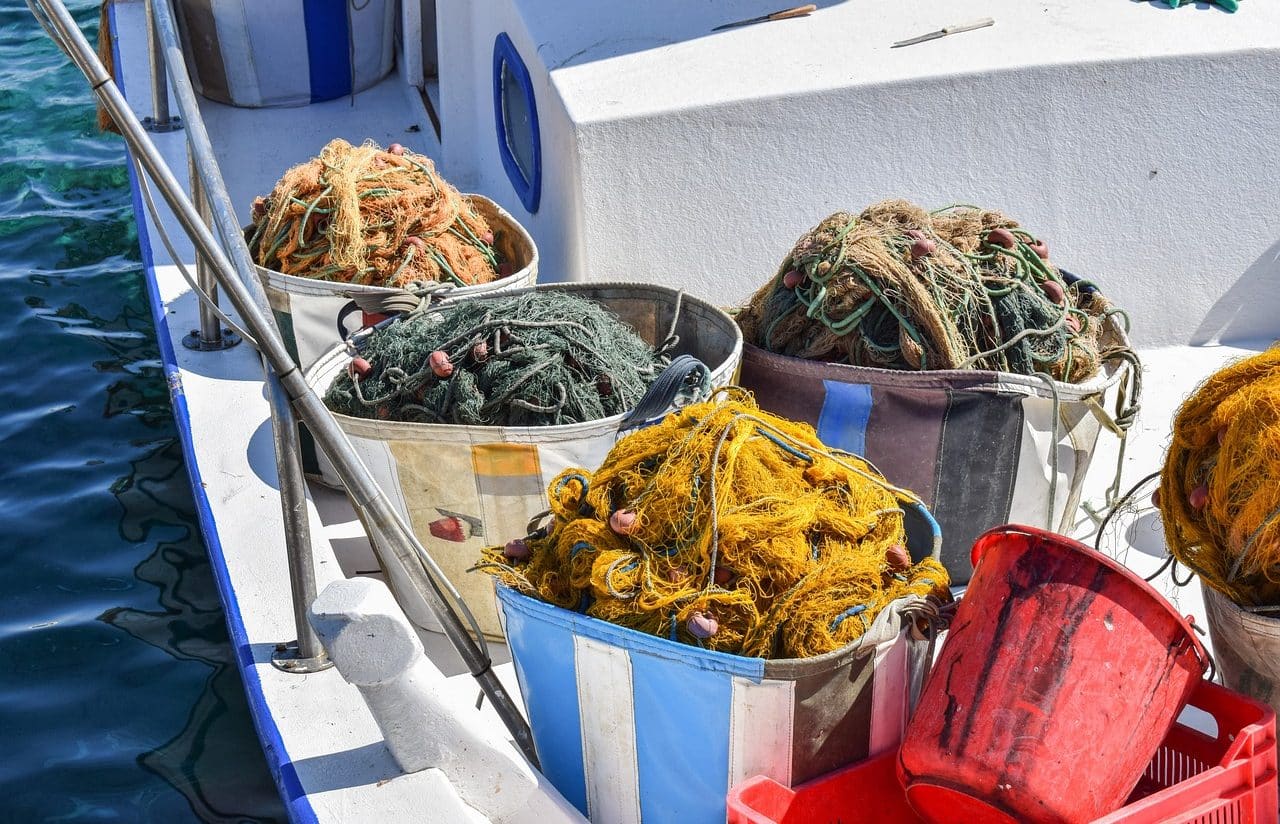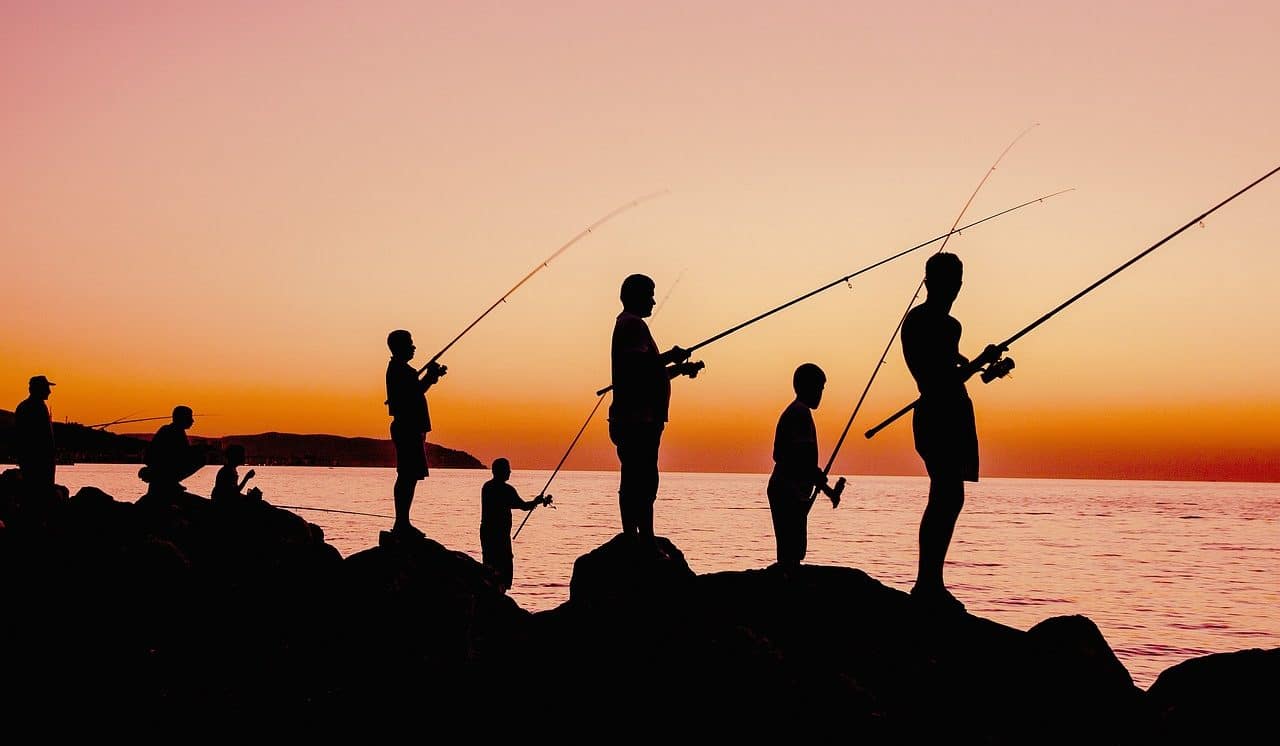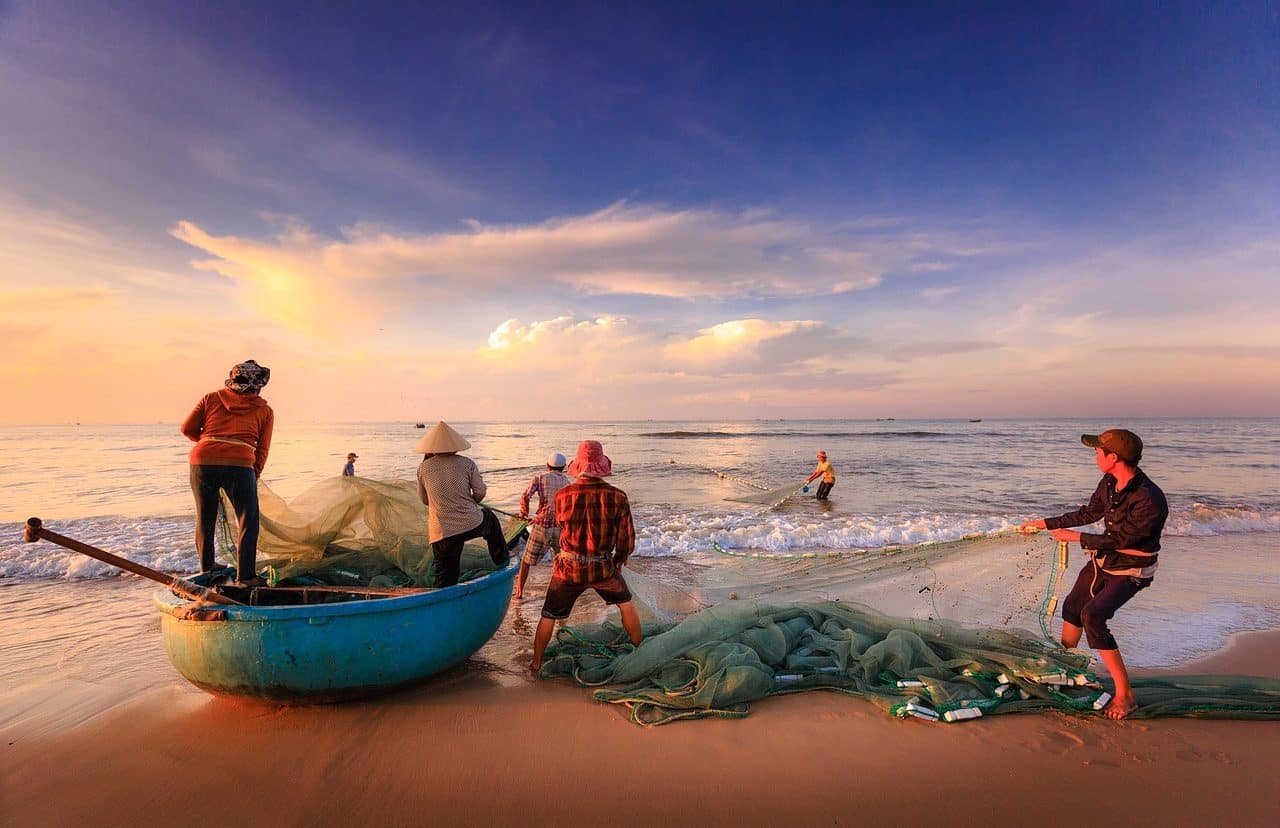
The excessive capture of shellfish or fish, an excess that does not allow the normal regeneration or renewal of marine resources, is called overfishing.
Overfishing is a concept that indicates the existence of excess fishing activity , a reality that unbalances nature and negatively affects marine ecosystems .
As a result of the intense and continued extraction of different marine species in the oceans, there has been a slowdown (and even a decrease) in the reproduction rate of certain specimens for some time, causing the populations of sea specimens to reduce. In this panorama, unfortunately, significant losses of marine biodiversity are recorded.
Overfishing has a serious impact on coral reefs and, in general terms, leads to a global collapse that results in the loss of a large number of lives and food. We cannot fail to emphasize the need to emphasize, on a global scale, the fight against overfishing and, simultaneously, encourage the use of sustainable fishing techniques in order to protect the source of work for thousands of people, demonstrate responsibility in the preservation of fishing resources and not put food security in check.
Types of overfishing
It is possible to recognize, in practice, two types of overfishing .
One of the varieties is called bioeconomic overfishing and is characterized by the reduction in the profit margin as a result of enormous out-of-control fishing . In this scenario, both the opportunity costs and the prices assigned to the products that are extracted from the water are considered.
Biological overfishing , on the other hand, occurs when a high percentage of the mortality rate is reached as a consequence of excessive fishing activity aggravated by the effects of climate change and illegal fishing . In this context, the pace of biomass development decreases until reaching a point of no return in terms of the availability of resources or populations of marine animals .
In the absence of controls and regulatory frameworks, marine ecosystems are altered, there are negative repercussions on the marine food chain , the number of endangered species multiplies and a depletion of stocks of food products from the sea is detected.

Just as some fish recreationally, there are those who find in catching fish a means of subsistence that allows them to feed themselves or obtain money to survive based on the commercialization of captured pieces.
Causes
When there are no strong government decisions in relation to the management, regulation and control of the fishing trade, there is room for overexploitation of marine resources . In this framework, when fishing, unwanted species are incidentally captured and the environment is unbalanced.
The growing demand for fishing resources also influences since this requirement, in most cases, exceeds the productive capacity observed in aquatic ecosystems .
Unsustainable fishing and practices linked to industrial fishing (such as the abandonment or non- collection of fishing nets that end up being a death trap for many animals) also go against environmental balance.
Mitigation strategies and solutions against overfishing
Although it is still necessary to work collectively at a global level to stop overfishing and try to counteract its consequences, mitigation strategies and solutions for this problem have been developed and implemented for decades.
Marine protected areas (MPAs) , for example, serve to limit human influence in areas that must be protected from fishing and other actions that threaten ocean conservation .
To take care of the health of the oceans and, consequently, achieve greater general well-being so that all living beings can live better, the commitment of all sectors of society is essential. There must be fishing training and education , corporate responsibility , awareness campaigns and fishing regulation policies .
Fighting overfishing and putting an end to this reality, according to a study carried out at the University of British Columbia , could mitigate the impact of climate change and allow nature to recover at least a little. This would translate into an increase in fish populations and greater sustainability .

Artisanal fishing does not require techniques that are too technologically advanced to capture specimens from the sea and involves a more traditional and sustainable performance on the part of the fisherman.
News related to excessive fishing
It is advisable to pay attention to current news related to overfishing and review relevant data in this regard to be aware of how overfishing has been addressed in recent decades.
Several years ago, for example, environmental groups opposed a resolution focused on applying a one-third cut in the Atlantic quota associated with the extraction of a highly sought-after species such as bluefin tuna . For environmental organizations, as formally requested, the International Commission for the Conservation of Atlantic Tuna (ICCAT) should have agreed to a “zero” quota and include said species in the list of endangered species .
Closer to the present is the case of a request made to the European Commission by representatives of small-scale fishermen with the intention of ending subsidies that encourage overfishing and stimulating low-impact activities to favor and respect the right to fish of those who carry out more sustainable practices in relation to the capture of marine species .
